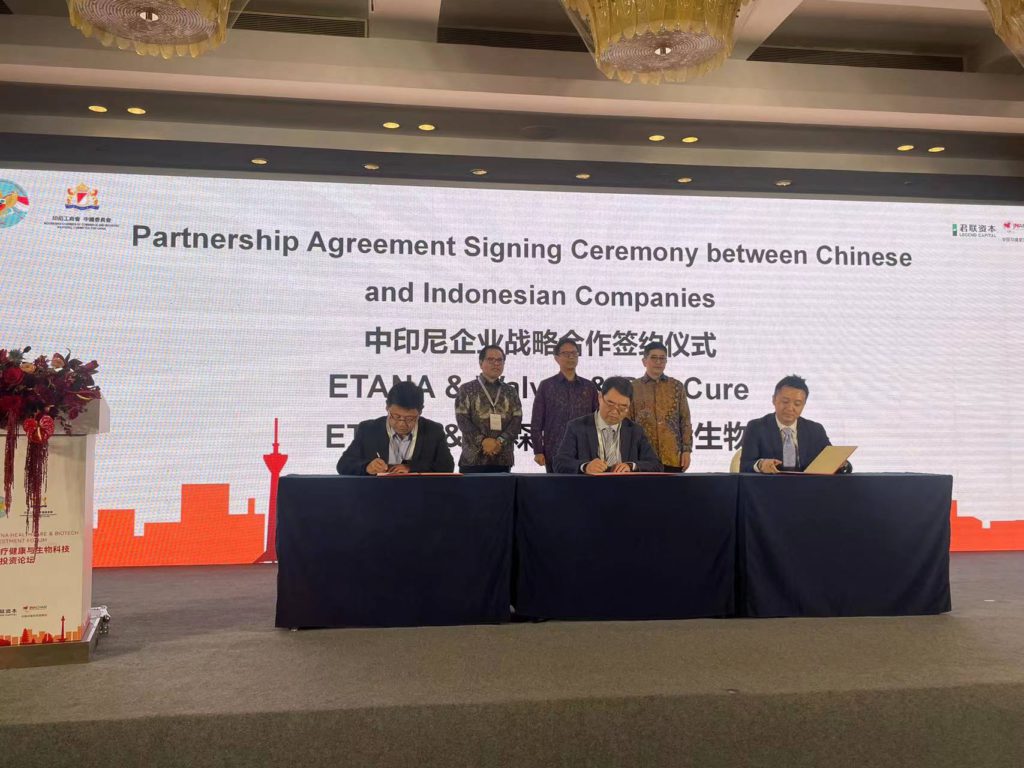Indonesia’s healthcare sector has entered a phase of change following the legislation of a new omnibus health law, titled Law No. 17 of 2023 (Law 17/2023), in August this year.
Providing equitable access to high-quality healthcare
Law 17/2023 is a direct response to the critical healthcare challenges exposed in Indonesia during the COVID-19 pandemic, including workforce and vaccine shortages. The law represents a comprehensive move to reshape the nation’s healthcare services, strengthening its healthcare workforce, and streamlining regulations with a particular focus on addressing vaccine shortages. Ultimately, its objective is to improve healthcare accessibility in Indonesia, providing equitable access to high-quality medical care.
“Indonesia is currently committed to advancing the transformation of the health system through six pillars of transformation, namely primary care, secondary care, health system resilience, health financing, human resources, and health technology,” said Budi Gunadi Sadikin, Indonesia’s minister of health, during his speech to the Indonesian parliament in July this year when he explained the expected outcomes of the new law.
The enactment of Law 17/2023 is expected to improve the flexibility of hospital operations by promoting a more inclusive approach to healthcare in Indonesia. Specifically, one of its tenets is to expand the definition of healthcare services to encompass various forms of care, aligning local healthcare practices more closely with contemporary standards followed in other parts of the world.
Overall, this law centers on improving public healthcare access, modernizing hospital procedures, and encouraging the participation of foreign medical experts to improve the domestic healthcare landscape in Indonesia.
Predictive disease detection and precision medicine
In addition to Law 17/2023, Sadikin is also spearheading the Biomedical Genome Science Initiative (BGSi). This is a program dedicated to predictive disease detection and precision medicine, utilizing advanced whole genome sequencing technologies.
The BGSi aims to conduct comprehensive research on six priority diseases, ranging from various cancers to neurological conditions and those associated with aging, nutrition, and overall health. The goal is to collect and study 10,000 human genome sequence samples by the end of 2024, thereby mapping variant genome data within the Indonesian population affected by these priority diseases.
Expanding healthcare and biotechnology collaboration with China
Another notable initiative is the Indonesia-China Healthcare and Biotech Investment Forum, which may showcase the immediate impact of Law 17/2023. Hosted during the Indonesian President’s visit to Chengdu, China, the forum exemplifies the new law’s role in fostering partnerships and collaborations between nations.
Coordinated by the Embassy of the Republic of Indonesia in China and the Indonesian Chamber of Commerce and Industry Bilateral Committee for China (KIKT), it brought together 120 participants from both countries. The event served as a platform to explore collaborative opportunities in healthcare and medical biotechnology.
Notably, the forum witnessed the signing of key agreements to strengthen collaborations between stakeholders in Indonesia and China. For example, the Ministry of Health (Indonesia) and the Ministry of Science and Technology of the People’s Republic of China inked a joint action plan during the forum, representing a foundational step toward collective efforts in vaccine development and genomics research.
Furthermore, a strategic cooperation agreement was inked between the Indonesian health ministry and the Tsinghua University of China, atop several memorandum of understandings (MoUs) signed on the occasion between Chinese and Indonesian companies, including Sansure Biotech, Walvax Biotech, CanSino Bio, BGI, Sinovac Biotech, Zhifei Biological, Wondfo Biotech, UBC Medical, ETANA, Kalbe Farma, BioFarma, and Kimia Farma.

These MoUs, with a combined potential value of up to USD 1.5 billion, may indicate the effects of the new law in fostering partnerships beyond Indonesia’s borders to engage in innovative endeavors on the international stage.
